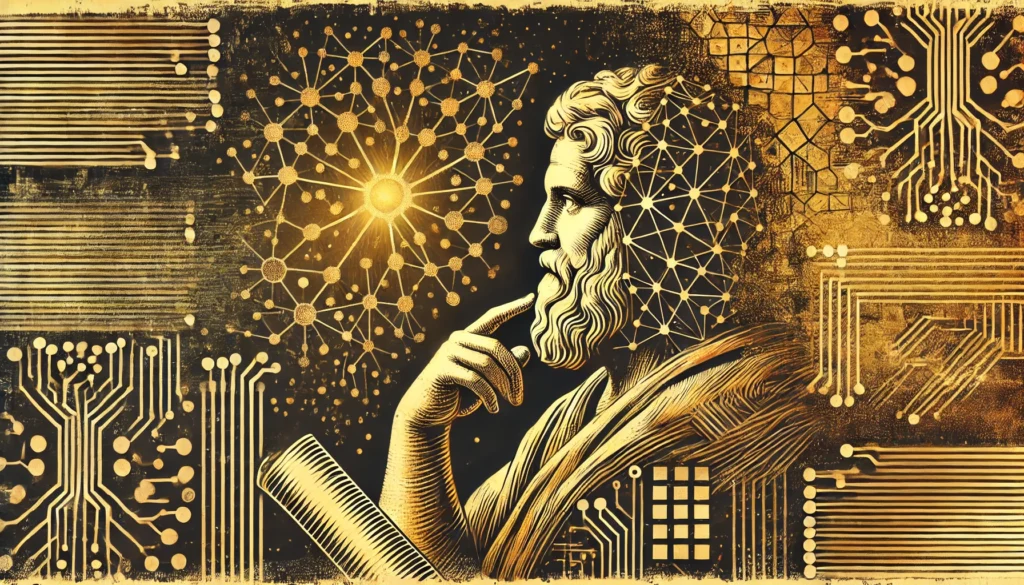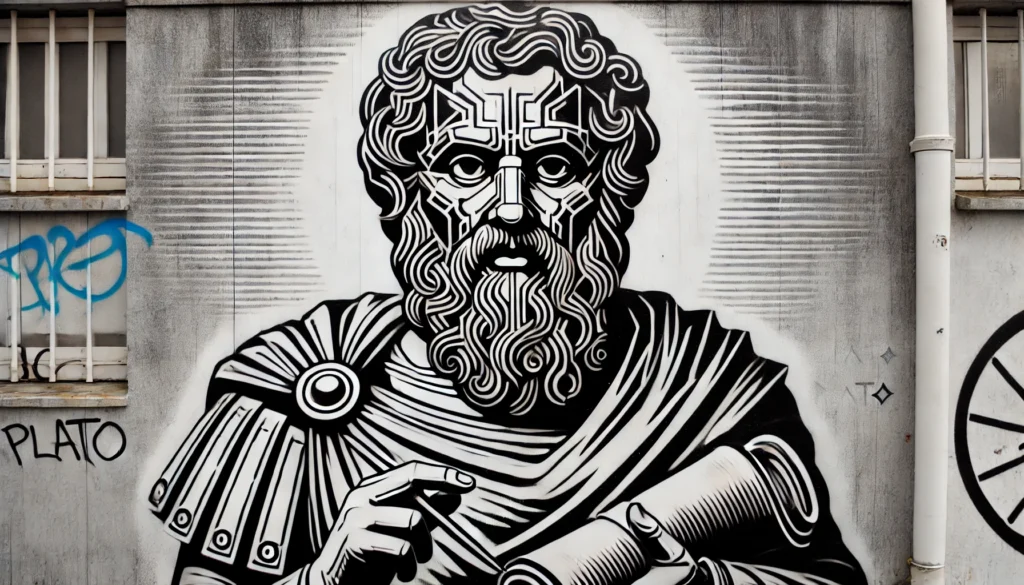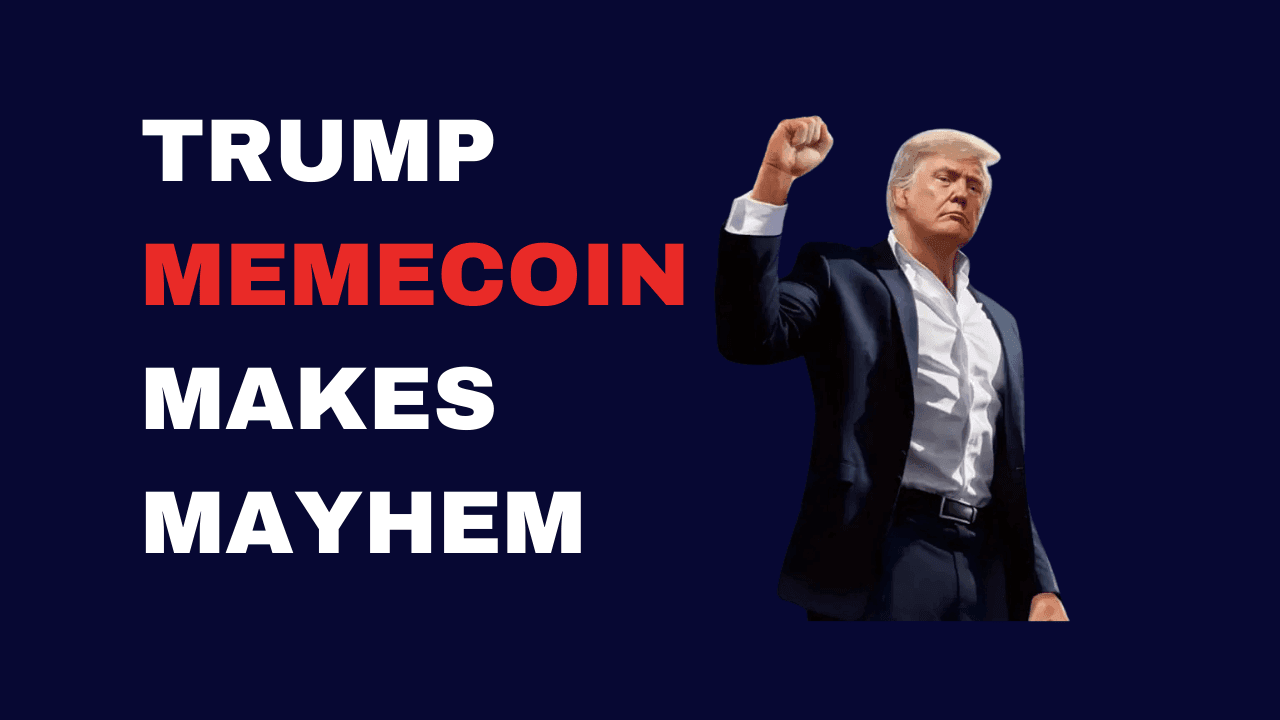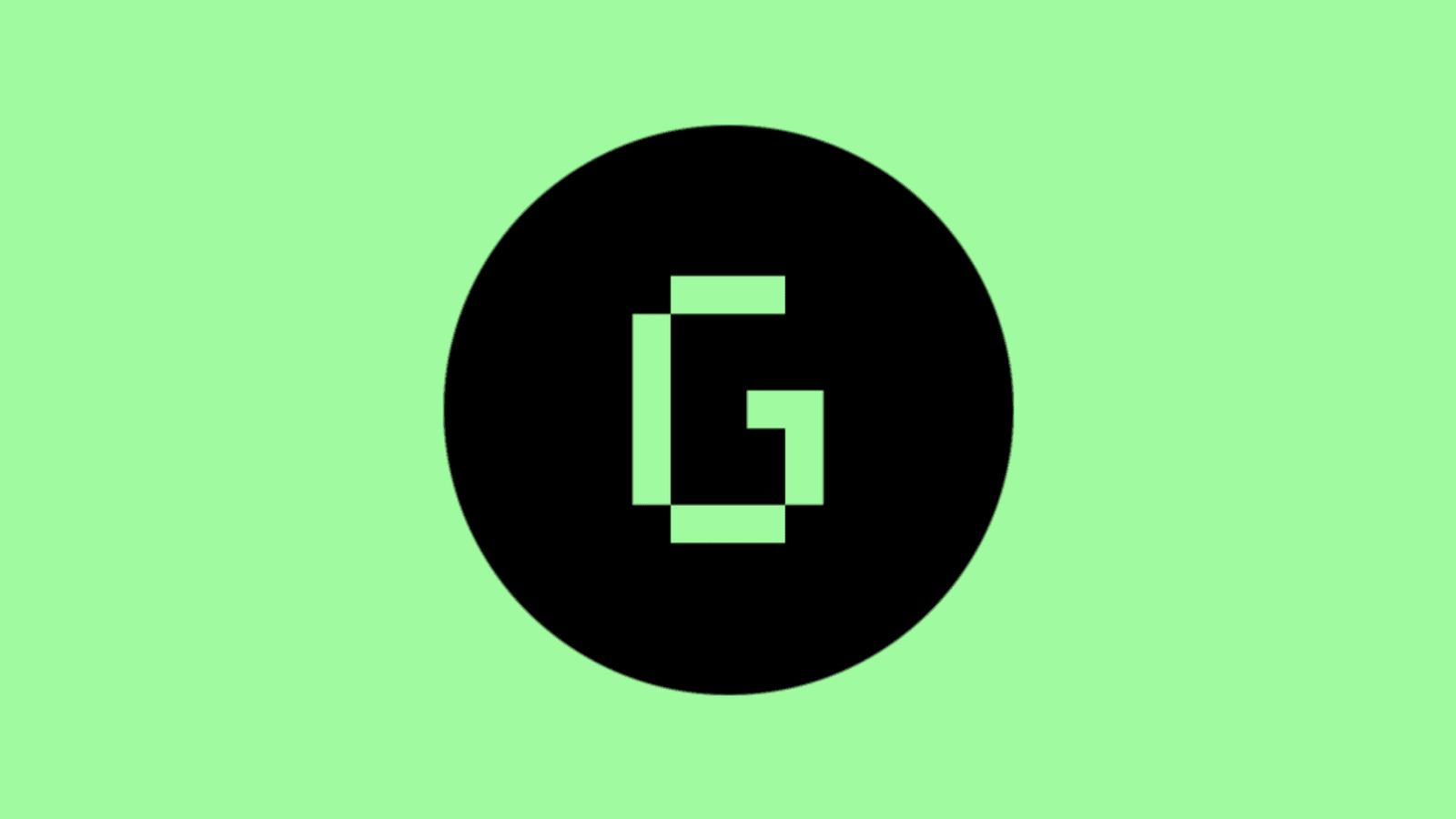Introduction
AI and free will—two concepts that seem worlds apart but are increasingly intertwined as technology advances. Free will, the idea that we control our decisions, is at the core of what it means to be human. But what if it’s all a grand illusion? As AI continues to evolve, many researchers believe that machines may help us unravel the mystery of whether we truly have free will. Could AI disprove free will? Let’s dive into the science and see where AI fits into the equation.
Free Will: A Brief Overview
The concept of free will has been debated by philosophers and scientists for centuries. In simple terms, it’s the idea that humans can make choices independent of external or internal forces. You decide to grab coffee, to work out, or to binge-watch Netflix—not because of biology or programming, but because you chose to.
However, neuroscience tells a different story. Experiments by neuroscientist Benjamin Libet in the 1980s showed that the brain makes decisions milliseconds before we become consciously aware of them. So, are we really in control? Or are we just passengers in a biological machine?
Enter AI: The Ultimate Test of Autonomy
AI has become the new player in the free will debate. Machines, like humans, make decisions—but unlike us, their decisions are guided by algorithms and pre-programmed rules. AI is a mirror, reflecting back the complexity of decision-making processes. But here’s where it gets interesting: AI may actually help scientists prove that our own choices are not as free as we think.

AI-powered models like OpenAI’s GPT or deep neural networks simulate complex decision-making processes. These models operate based on input, data patterns, and probabilities—just like the human brain. As AI becomes better at predicting human behavior, it raises a provocative question: Are our own brains nothing more than biological algorithms?
The Neuroscience of Decision-Making: AI’s Role
In recent years, AI has helped neuroscientists uncover more about how our brains work during decision-making processes. For instance, AI models can replicate brain patterns seen during cognitive tasks, and in some cases, predict outcomes better than humans themselves. This research suggests that our choices might be more predictable than we care to admit.
A study published in Nature in 2023 showed that AI algorithms could predict human decisions with 90% accuracy by analyzing brain activity before subjects were even aware they were making a choice. If machines can predict what we’ll do next, are we really exercising free will, or are our brains just running on a highly sophisticated biological algorithm? You can read more about the study here.
Free Will or Determinism: Is There a Middle Ground?
This is where the debate between free will and determinism comes in. Determinism is the idea that every event or decision is the inevitable result of preceding causes, and free will doesn’t exist in a deterministic universe. AI, by its very nature, is deterministic—it follows rules and logic. If AI can show that human decision-making follows similar rules, then free will might be an illusion.

On the other hand, some argue that AI could also prove that human decision-making has layers of complexity beyond determinism. While AI follows its code, human consciousness, emotions, and morality could introduce variables that machines can’t fully grasp.
What AI Can—and Can’t—Tell Us About Free Will
So, can AI really disprove free will? The truth is, AI is far from solving this mystery. While AI models can show that human decisions are often predictable, they don’t yet capture the full scope of human consciousness or moral reasoning.
However, AI has the potential to keep pushing the boundaries. As AI becomes more sophisticated, it could reveal new insights about the brain and human decision-making that bring us closer to understanding whether we truly have free will—or if it’s just a convincing illusion.
The Future of Free Will in an AI-Powered World
As we move toward a future where AI plays an even bigger role in society, the free will debate will only get more intense. If machines can predict and influence human behavior, should we trust them to make decisions for us? Will our perception of free will change as AI becomes more integrated into everyday life?
One thing is certain: AI is transforming how we think about decision-making, both for machines and for humans. Whether or not it can completely disprove human free will is still up in the air, but it’s a question we’ll likely wrestle with for years to come.
Final Thoughts on AI and Free Will
The question of whether AI can disprove free will touches on deep philosophical, scientific, and ethical issues. AI isn’t about to settle the debate overnight, but its role in the conversation is undeniable. As AI continues to advance, we may find that our brains are not as different from machines as we once thought.
But here’s the twist: even if AI could disprove free will, would that change how we live our lives? Perhaps the belief in free will is what truly matters. After all, even if our choices are pre-programmed, they feel real—and maybe that’s enough.



